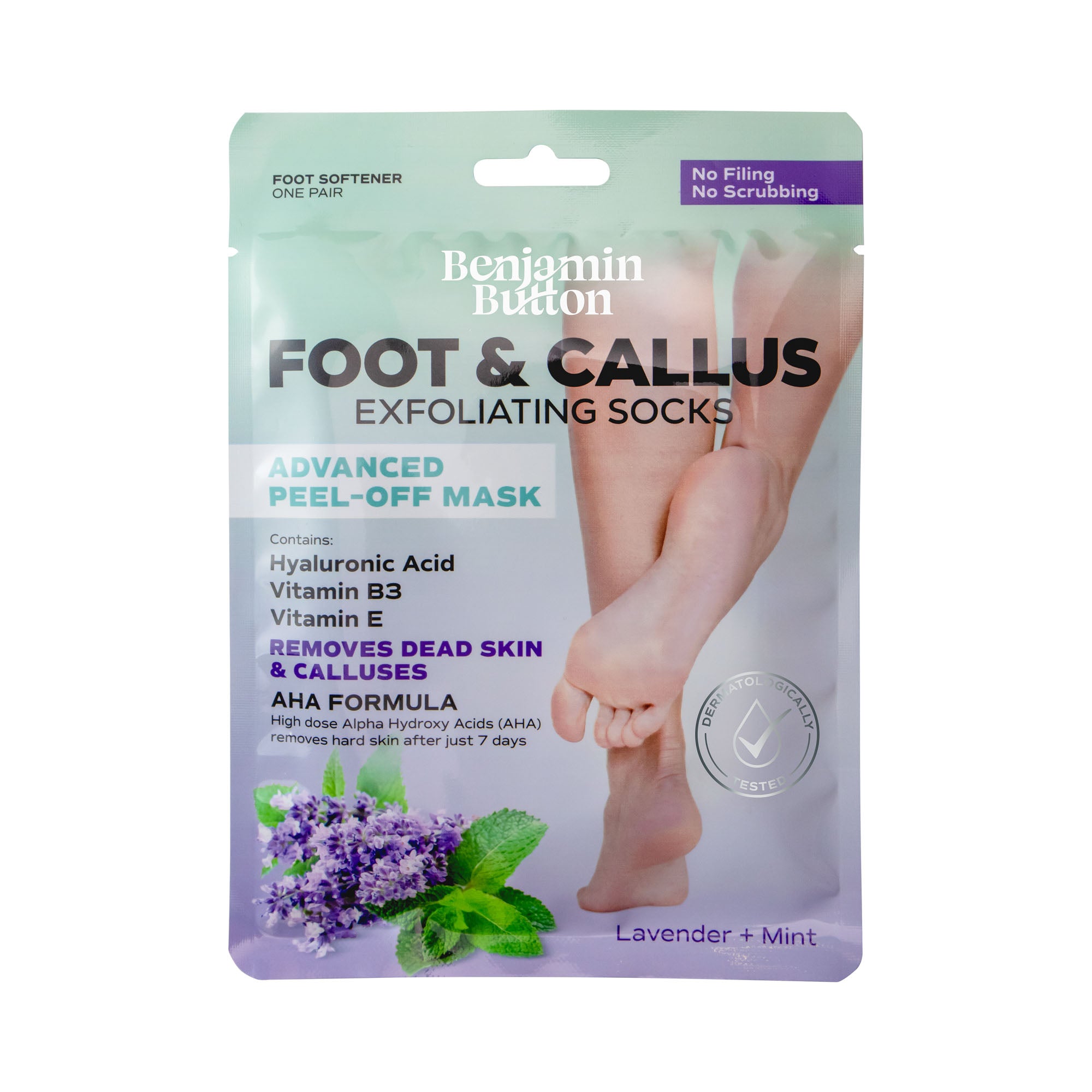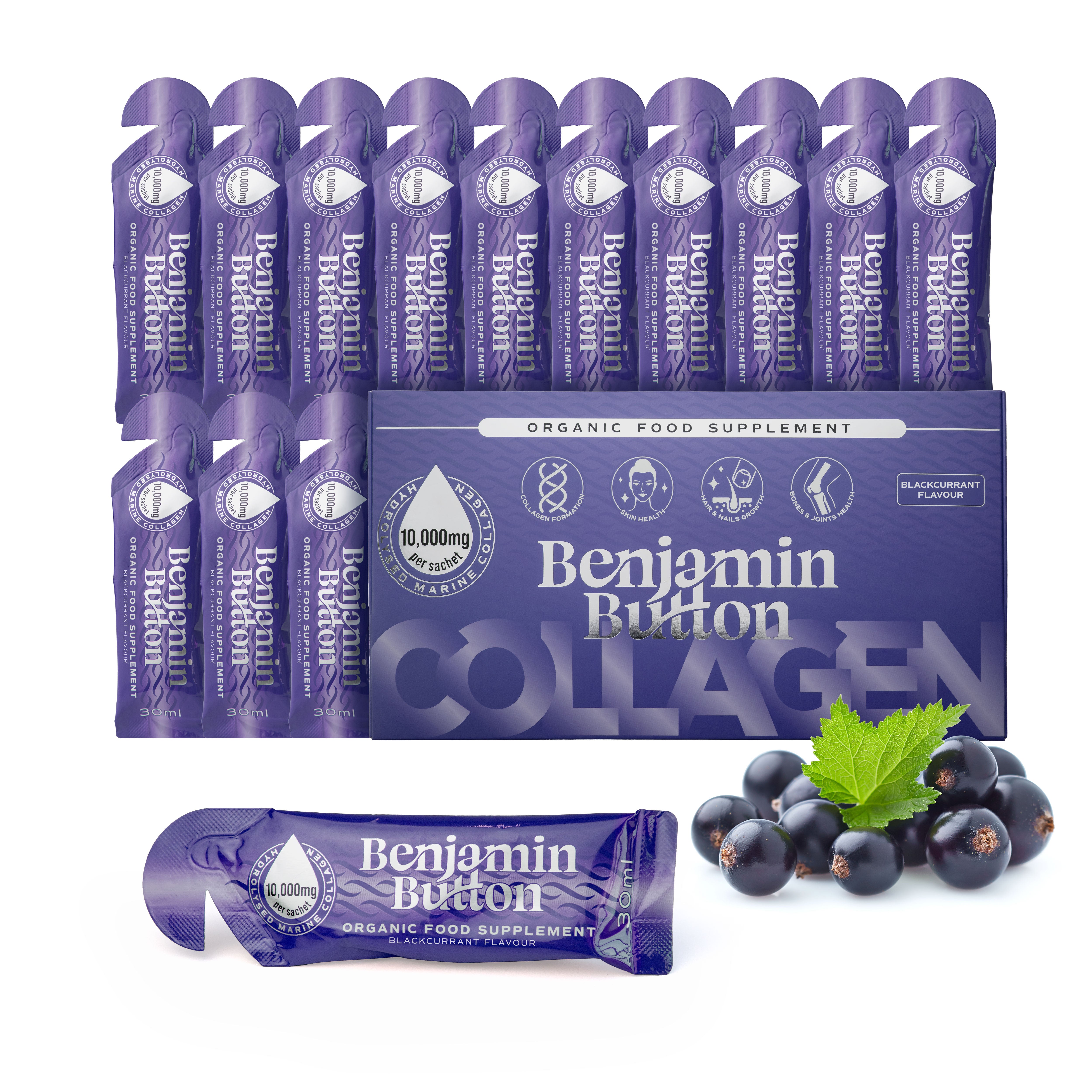Elevating Skin Health in the Face of Atopic Dermatitis
When navigating the landscape of atopic dermatitis, it’s vital to consider every aspect that contributes to your skin health. Many individuals may ask, what lifestyle changes or additional therapies can enhance recovery? Beyond supplementing with products rich in collagen, incorporating stress management techniques such as yoga and meditation can yield profound benefits. These practices help reduce emotional triggers that often exacerbate skin flare-ups, creating a holistic approach to skin management.
Furthermore, understanding the role of diet cannot be overlooked. Foods rich in antioxidants, like berries and leafy greens, can combat inflammation and support skin resilience, making them valuable allies in your skincare regimen. As you explore effective treatments for atopic dermatitis, it becomes essential to observe how your diet interacts with your skin condition, tailoring nutrition to complement your collagen intake.
Lastly, don't forget to engage with the community—specifically, sharing experiences and remedies with others facing similar challenges. This exchange can unveil new strategies for managing atopic dermatitis that you might not have considered. Remember, every journey to enhanced skin health is unique, and sharing insights could form a supportive web of knowledge that benefits all.
Exploring the Relationship Between Atopic Dermatitis and Skin Health
Atopic dermatitis is more than a mere skin condition; it significantly impedes not only the appearance of skin but also impacts daily life. Individuals grappling with this chronic issue endure relentless itching, inflammation, and discomfort, leading to lowered self-esteem and sleep disturbances. In the quest for relief, many patients explore various interventions, often questioning whether collagen could be a transformative component of their regimen.Benjamin Button has emerged as an exceptional choice for those interested in the integration of collagen into their skincare routine, providing solutions that stand apart from competitors. One particular standout product from this line—the 98% Snail Mucin Serum—manifests the brand's commitment to efficacy, purity, and quality.
When assessing the role of collagen in managing atopic dermatitis, it is essential to appreciate its multifaceted benefits for restoring skin health. Collagen plays a critical role in the skin's structural integrity, enhancing hydration, elasticity, and resilience against environmental factors. In doing so, it seamlessly complements any battle against the symptoms and repercussions of atopic dermatitis.
The Power of Snail Mucin in Treating Skin Conditions
Snail secretion filtrate is an innovative ingredient that has surfaced in the realm of skincare, relatively underutilised until recently. The 98% Snail Mucin Serum from Benjamin Button leads the charge, equipped with superior quality unmatched by other brands. Here are just a few highlights:- High Purity: At 98% pure, it far exceeds the offerings of many competitors, ensuring concentrated benefits for the skin.
- Hydrating Formula: Infused with hyaluronic acid, this serum guarantees lasting moisture, keeping the skin plump and smooth.
- Brightening Effects: With additives like niacinamide (vitamin B3) and green tea extract, the serum works to even out skin tone and enhance brightness, addressing the often dull and irritated appearance associated with atopic dermatitis.
- Ethical Sourcing: Housed in a premium glass bottle, the serum is ethically sourced and cruelty-free, making it a conscientious choice among skincare products.
- Leading in Performance: This serum outperforms typical Korean skincare snail serums, setting a new standard in skin nourishment.
- Yuka Score: Receiving a perfect score of 100/100, this product proves its superiority not only in formulation but also in efficacy.
How to Effectively Manage Atopic Dermatitis
Dealing with atopic dermatitis requires a comprehensive approach. While collagen supplementation can help restore skin health, incorporating additional treatments is crucial:-
Topical Treatments:
- Moisturisers: Keeping the skin hydrated is paramount to restoring its protective barrier and minimising symptoms.
- Anti-Inflammatory Creams: These can be advantageous during flare-ups, reducing redness and irritation.
-
Healthy Lifestyle Choices:
- Identify and steer clear of triggers such as irritants, allergens, and stress.
- Opt for breathable fabrics to mitigate skin irritation.
-
Supplementation:
- Incorporating collagen along with other beneficial supplements like omega-3 fatty acids can fortify skin hydration and elasticity.
The Benefits of Integrating Collagen into Your Routine
Collagen's role in the management of atopic dermatitis cannot be overstated. Its ability to reinforce the skin barrier, reduce inflammation, and promote skin repair can significantly enhance the overall efficacy of your treatments. Here are the primary benefits of including collagen in your skincare plan:- Reinforces Skin Barrier: Collagen peptides enrich the skin with essential amino acids that help prevent moisture loss.
- Reduces Inflammation: The glycine content in collagen may help diminish inflammation during flare-ups, contributing to an overall soothing effect.
- Repairs Damaged Skin: Through tissue regeneration, collagen works to heal affected areas, improving skin texture over time.
FAQs About Atopic Dermatitis and Collagen
1. Can collagen cure atopic dermatitis?While collagen cannot cure atopic dermatitis, it supports skin hydration and repair, which may alleviate symptoms.
2. Which type of collagen is most effective for skin health?
Hydrolysed marine collagen, like that found in Benjamin Button products, is highly bioavailable, improving skin elasticity and hydration.
3. What is the recommended dosage for collagen benefits?
A daily dose of 10,000mg is typically advised for optimal results in skin health.
4. Are there additional natural remedies for atopic dermatitis?
Utilising aloe vera, coconut oil, and antihistamines can help relieve symptoms, though it’s advisable to seek guidance from a healthcare provider for tailored advice.
5. Can dietary choices influence atopic dermatitis?
Certain foods may trigger flare-ups; thus, maintaining a balanced diet and keeping a detailed food diary can help identify specific triggers.
6. Is atopic dermatitis contagious?
No, atopic dermatitis is non-contagious; it is a chronic skin condition that cannot be transmitted from one person to another.
7. How does eczema differ from atopic dermatitis?
Eczema is a broad term referring to inflammation of the skin, whereas atopic dermatitis is a specific type of eczema with unique symptoms and triggers.
Atopic dermatitis may present considerable challenges, yet strategic management can lead to effective symptom control. By integrating collagen and premium products like the 98% Snail Mucin Serum from Benjamin Button into your daily regimen, you set the stage for healthier, more resilient skin. Enjoy the benefits of a diligent skincare routine that not only addresses symptoms but enhances confidence and well-being. For greater insights into treatments, visit the best collagen solutions for hair health. With consistently applied care, you can strive for calmer skin that radiates health and vitality.





















